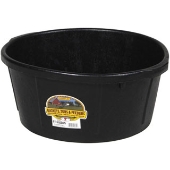Fermenting might be a great idea to decrease feed costs. I use Scratch and Peck feeds, and they have a lot of information about how to ferment feed (
https://www.scratchandpeck.com/feed-and-fines-maximizing-the-value-with-fermented-feed/ and
https://www.scratchandpeck.com/wp-content/uploads/Fermenting-Feed_7-27-2015.pdf. Here's a study on it increasing protein content and reducing feed usage
https://www.ncbi.nlm.nih.gov/pubmed/19373724). You basically let grains sit in water (container should be about 1/3rd feed, 2/3 water with some air space at the top because the grains will EXPAND) with a cloth over it for three days. You can also jump-start the fermenting with some lacto-fermented saurcraut or pickles (but not yeast) or the liquid from your last jar, so it only takes a day to ferment. I would definitely try fermenting your feed if you can, as it did seem to help my ducks a lot when I did it. I will note that when it gets hot, that stuff can grow a kahm yeast which is harmless but does smell peculiar (kind of cheesy, but was totally unbearable when I was pregnant).
If you do try the composting thing, make sure to read up on all the things that are toxic to ducks. Also, mallard ducks don't seem to be able to rip up
compost like chickens, though perhaps your muscovies can? With my ducks, I had to chop everything up for them...or just be okay with them mostly munching on the flies that bred there. Also, be aware that you might end up with a rodent problem

.
I wish I knew what other animals could eat your spent grain--that sounds like a great resource!








